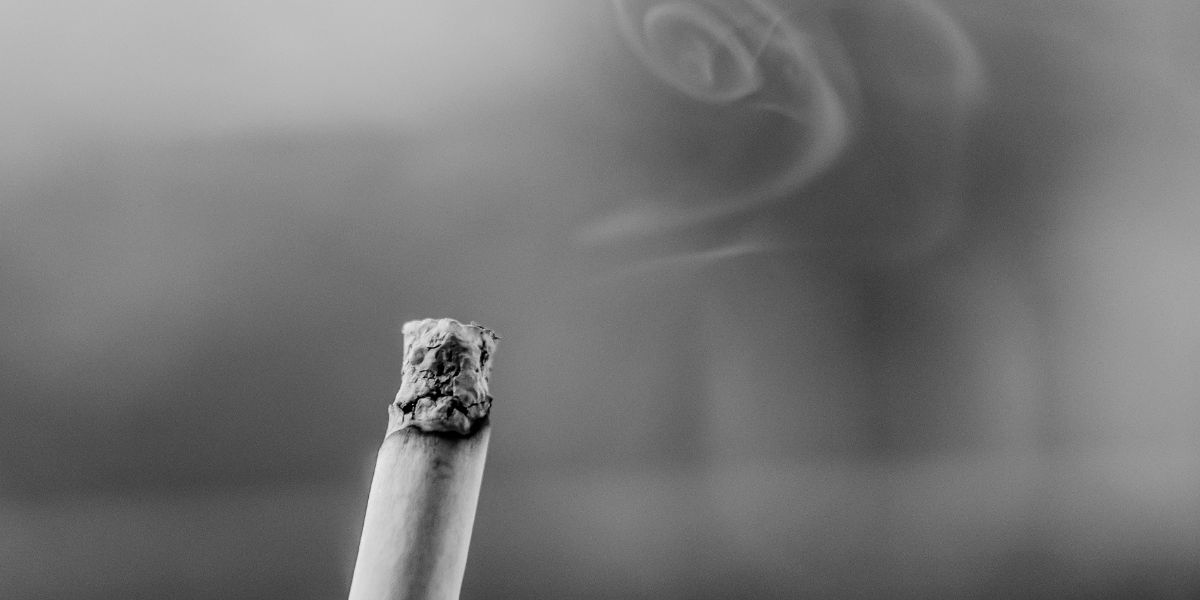Can depression urge a person to smoke or does smoking make a person prone to depression? What do experts say about this? On this article, let’s take a closer look at the relationship between the two.
Depression is one of the most common mental health problems affecting the society today. It is estimated that 7% of the American population suffer from depression. In psychology, it is defined as a mental illness that causes people to feel persistently sad. This condition is characterized by a variety of symptoms, such as fatigue, sadness, difficulty concentrating, emotional irritability, persistent sadness, lack of appetite (sometimes more), loss of interest in hobbies and fatigue.
For the past years, scientists have examined the role smoking might play in depression. Here is what studies have found so far:
Depressed people are more likely to smoke.
In a 2010 study, researchers found that depressed individuals are more likely to engage in cigarette smoking. Although the findings don’t prove whether depression causes smoking or smoking leads to depression, the results, which were taken from nationwide surveys of adults conducted from 2005 through 2008, suggest a strong association between smoking and nicotine addiction.
Most depressed people smoke.
According to the same study, 48% of women and 40% diagnosed of severe depression were smokers. On the other hand, only 17% of women and 25% of men who don’t have depression smoke.
They smoke first thing in the morning.
Many individuals undergoing depression choose to start their day with a cigarette. Researchers found that more than 50% of depressed individuals light within five minutes after waking up compared to the 30% of smokers who don’t have the condition.
They are more likely to have tried smoking.
People who are depressed are more likely to engage in cigarette smoking than those who are not depressed. That’s probably because they tend to feel more uplifted following a cigarette. However, the improvement in mood is only temporary. To get the same feeling, they have to light up again. This recurring process increases the risk of nicotine addiction.
Depressed people rarely quit.
The quit rate among individuals with this mental illness is much lower as compared to the general population. One theory is that they tend to seek comfort from smoking, believing that it can ward off the stress, anxiety and sense of ‘helplessness’ they feel. What they fail to see is that smoking actually does the opposite – it makes their situation worse.
Smoking may cause depression.
Researchers from University of Otago in New Zealand found a causal link between smoking and depression. Their findings, which were published in the British Journal of Psychiatry, revealed that smokers had more than twice the rate of depression than non-smokers. They believe that nicotine dependence could be playing a role.
Quitting smoking could improve the condition.
Quitting smoking during depression is one great step towards combating this debilitating mental illness. Smoking makes depression worse by aggravating its symptoms and at the same time, ruining the health of the sufferer.
If you or someone you know is suffering from depression, realize that help is always available. Smoking won’t resolve the issue, it worsens it. Depression is treatable. By seeking support from your friends and family, and seeking professional help from a qualified therapist, you can overcome this debilitating mental illness and live a cigarette-free life.




